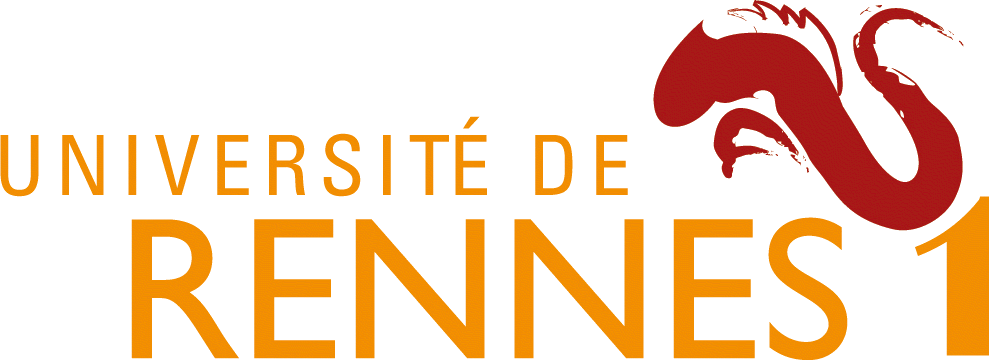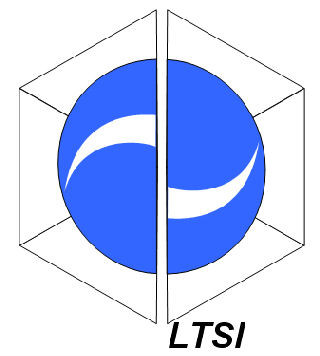News
Members
Publications
Software / Data
Job offers
Images / Videos
Collaborations
Conferences
Lab meetings: "Les partages de midi"
Practical information
Members Area
Next conferences we are in …

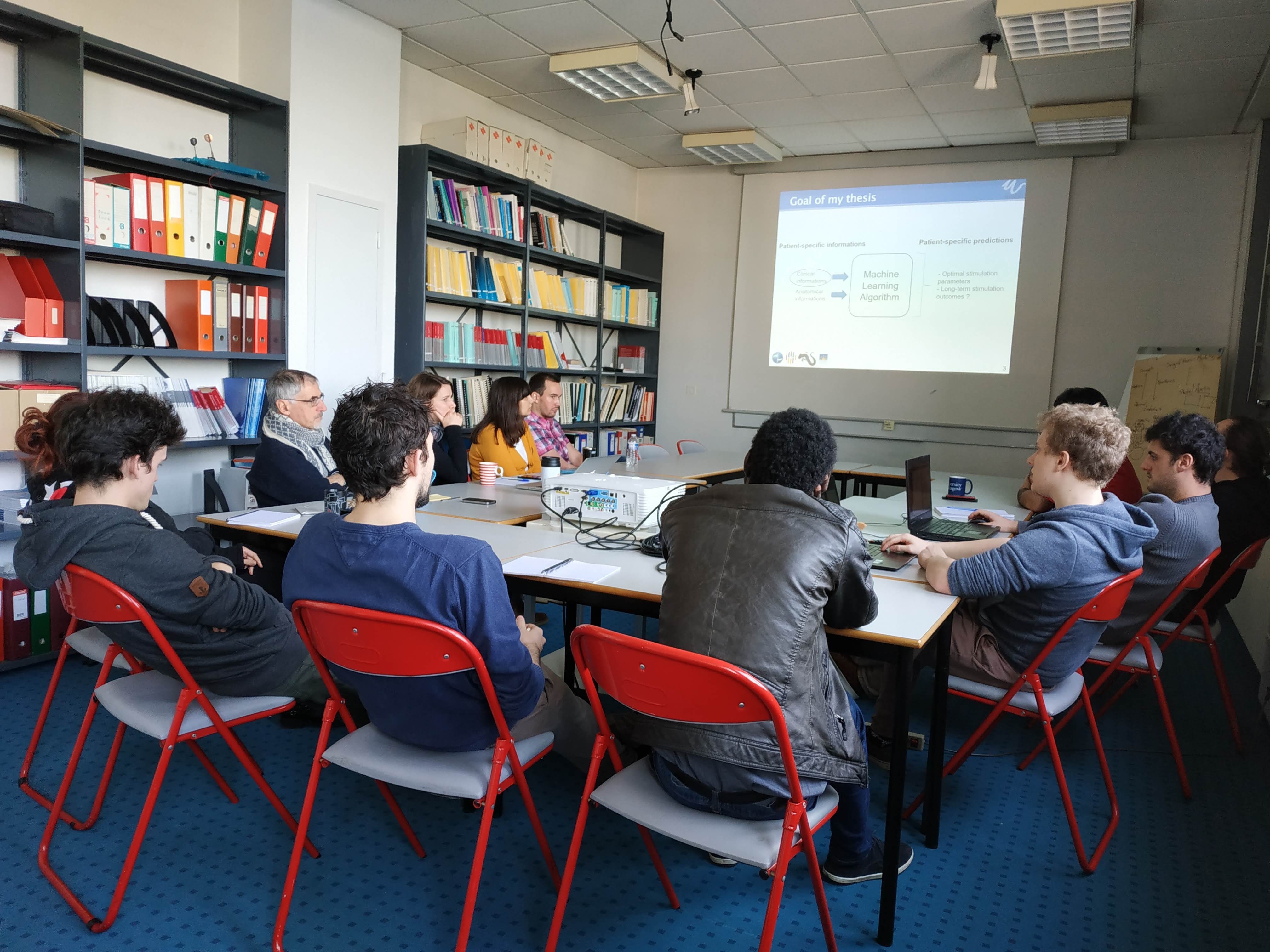
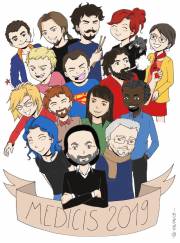
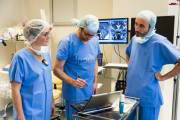
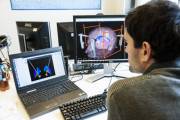
28-29 April, 2016, Rennes, France
Amphithéâtre du Centre Cardio-Pneumologie, Centre Hospitalier Universitaire Pontchaillou



The first OntoSPM workshop will gather a community of researchers interested in developing and using ontologies in the area of computer assisted surgery. The meeting aims at presenting concepts and prototype implementations in this area, to share experience and expectations. Different applicative contexts may benefit from such ontologies, including:
The basic objective is to discuss and share views on 1) motivations to develop such ontological models, 2) feasibility of defining a common core ontology underlying more specific ones (dedicated to particular applications), 3) ways to co-develop such ontologies, 4) to validate them and assess their added value.
The global objective is to build from this first event a working group interested in working together for developing such ontologies in the area of computer assisted interventions.
This workshop has been endorsed by the ISCAS Society.
Elena De Momi, Politecnico di Milano, Italy
Website: http://www.nearlab.polimi.it
Bernard Gibaud, Inserm, Rennes, France
Website: https://medicis.univ-rennes1.fr/members/bernard.gibaud/index
Darko Katic, KIT, Karlsruhe, Germany
Lena Maier-Hein, DKFZ, Heidelberg, Germany
Website: http://www.dkfz.eu/en/mbi/people/Lena_Maier-Hein.html
Keno März, DKFZ, Heidelberg, Germany
Juliane Neumann, ICCAS, Leipzig, Germany
Website: https://www.iccas.de/uber-iccas/personen/juliane-neumann/
Armin Schneider, Technische Universität München, Germany
Website: http://www.miti.med.tum.de/index.php?id=86
Paulo Jorge Sequeira Gonçalves, Polytechnic Institute of Castelo Branco, Portugal
Website: http://pessoas.ipcb.pt/paulo.goncalves/
Guang-Zhong Yang, Imperial College London, UK
Website: http://www.imperial.ac.uk/hamlyn-centre/
Download the final program of the workshop.
Ontologies in surgical assistance systems
Elena De Momi
Ontologies can provide assistance in the diagnosis process, allowing implementing pathologies classification tools based on symptoms (e.g. in the case of epilepsy type). They can also be used for surgical robotic systems workflow management, as we did within the EuRoSurge European Coordination Action. Within the project, ontologies were used for describing the system components and the tasks included in the workflow. We have recently started research activities on surgical assistant systems for automatic detection of surgical instruments, classification and contextualization within the surgical workflow.
OntoSPM, a core ontology for surgical process models: motivations, working assumptions and current status
Bernard Gibaud
In this presentation, we will summarize the motivations for developing a core ontology of surgical process models, aimed at providing a meaningful starting point, beneficial to the numerous applications and communities concerned by surgical process models. We will present the current status of the work: in particular, we will explain how we managed to reuse existing ontologies and integrate them into a consistent whole. We will illustrate how it is used currently in the S3PM project (Synthesis and Simulation of Surgical Process Models), especially for the design of realistic scenarios for the training of the surgical staff using Virtual Reality systems. We will finally discuss the main assumptions underlying the design and maintenance of OntoSPM, something important with regards to extending this effort to a genuine community-wide effort.
Holistic data modeling and decision making in a large collaborative research center
Lena Maier-Hein and Keno März
Surgical treatment decisions depend on highly heterogeneous information: (1) Patient-individual knowledge, such as lab reports, medical history and imaging data (2) factual knowledge that models written information from clinical studies and guidelines and (3) practical knowledge that represents surgical experience from case data. In this talk, we present concepts for modelling and processing heterogenous data in the context of surgical decision making within the scope of collaborative research center (SFB) Cognition-guided Surgery.
Ontologies for surgery at ICCAS – Experiences from 2005 to 2015
Juliane Neumann
ICCAS developed in 2005 a surgical ontology and a software tool to support observation-based recording of surgical procedures. The developed concepts were used to recorded more than 1,000 surgical procedures until now. During the talk we will present the ontology-related projects at ICCAS and share our experience from the last 10 years.
IEEE-RAS Ontologies for Robotics and Automation
Paulo Jorge Sequeira Gonçalves
The IEEE RAS Ontologies for Robotics and Automation working group worked from 2011 to 2015 to develop a set of standard ontologies in Robotics and Automation (R&A). Its work resulted in the 1872-2015 - IEEE Standard Ontologies for Robotics and Automation. IEEE 1872-2015 defines a set of ontologies aimed at formalizing some central notions in the R&A field. The main ontology in this set is CORA which specifies concepts and relations that are core to the whole R&A field. One of its objectives is to serve as a basis for future ontology development efforts. Such efforts are currently being explored in the fields of Industrial, Autonomous, and Surgical Robotics. In the talk, we will present the IEEE 1872-2015 standard and future development efforts in the three previously defined robotic ontologies sub-domains.
Knowledge representation applied to robotic orthopedic surgery
Paulo Jorge Sequeira Gonçalves
Efforts and methods used in the past years to represent knowledge in the biomedical field and to obtain a conceptual model of the Ontology for Robotic Orthopedic Surgery (OROSU), are presented. The proposed model to represent the knowledge is to be used, in a machine readable format, during surgeries. Since ontologies in the biomedical filed are relatively mature and have been widely used, this is a perfect field to show the interest of using ontologies to represent robotic knowledge and its use, directly with humans (surgeons, nurses, technicians, and so on). From the biomedical ontologies that already exist, the conceptual model of OROSU is defined. The base ontologies were merged to obtain the OROSU ontology, and applied to Hip Surgery surgical procedures. It was then implemented using the KnowRob framework. Results on tasks definitions and reasoning using the presented ontology will be presented, for Hip Surgery surgical procedures.
Operating room sensor data and ontology for workflow analysis
Armin Schneider
Identification of the course of surgical interventions is one important scientific field for the development of the operating room of the future. If this surgical workflow is well recognized, predictions can be made which further can automate steps i.e., calling of the next patient or notify on upcoming activities. To achieve such a workflow recognition, we installed in one operating room a dedicated network to record different parameters from the medical-technical devices. Additionally, several sensors are in use to track the personnel and gather data from devices that are not network-compatible. Analysis and interpretation of the relations between different sensor values is done with dedicated workflow ontologies.
Ontologies for enhanced human-robot collaboration
Guang-Zhong Yang
Advances in robot-assisted intervention have offered improved intraoperative manipulation and instrument control, allowing for example, online learning from demonstration and context-aware playback from a pre-programmed library of manoeuvres. The purpose of this talk is to discuss the role of ontologies for enhanced human robot collaboration and how it can be more effectively used for dealing with subject specific variations in the general learning framework.
Thursday 28th
* 13:00 Welcome of participants
* 14:00 Introduction of workshop
* 14:15 Knowing each other: Short 5’ talk introduction of participants
* 16:00 Coffee break
* 16:30 Invited presentations (4 x 20-minute talks (15+5))
* 18:00-19:00 Demos
* 19:30 Diner
Friday 29th
* 9:00 Invited presentations (4 x 20-minute talks (15+5))
* 10:30 Coffee break
* 11:00 Invited presentations (4 x 20-minute talks (15+5))
* 12:30 Lunch break
* 13:30 Building together - open discussion: how to proceed ? Part 1
* 15:00 Coffee break
* 15:30 Building together - open discussion: how to proceed ? Part 2
* 16:30 Workshop closure
Registration is by invitation only. If you are interested to participate to this event, please contact Bernard Gibaud (bernard.gibaud@univ-rennes1.fr) no later than March 15th.

